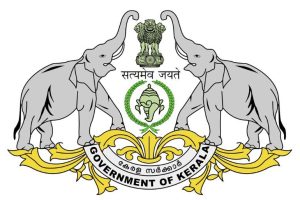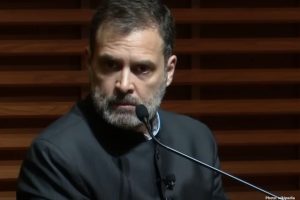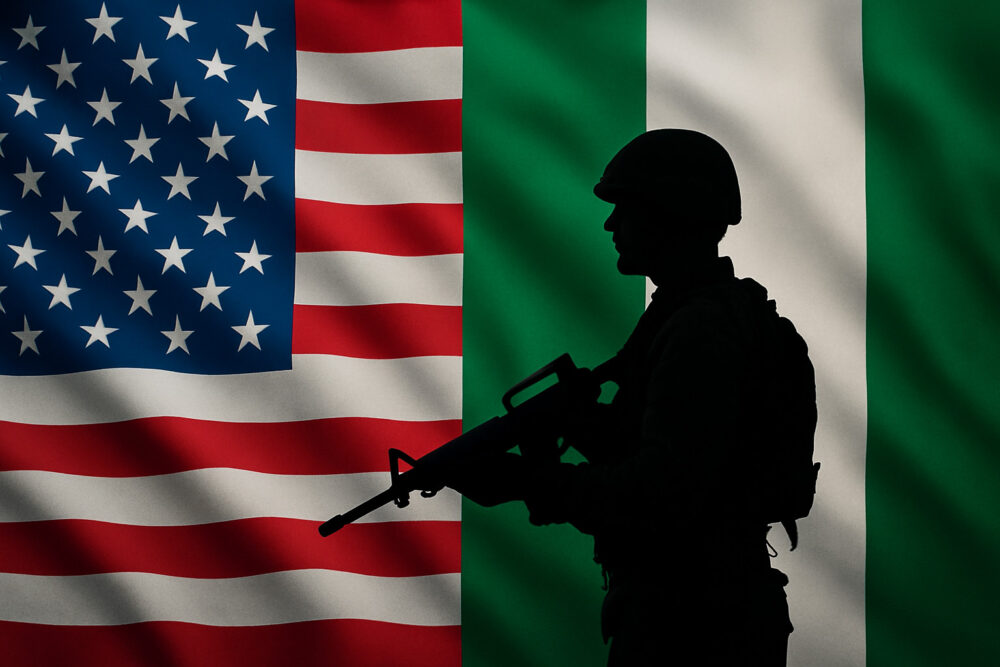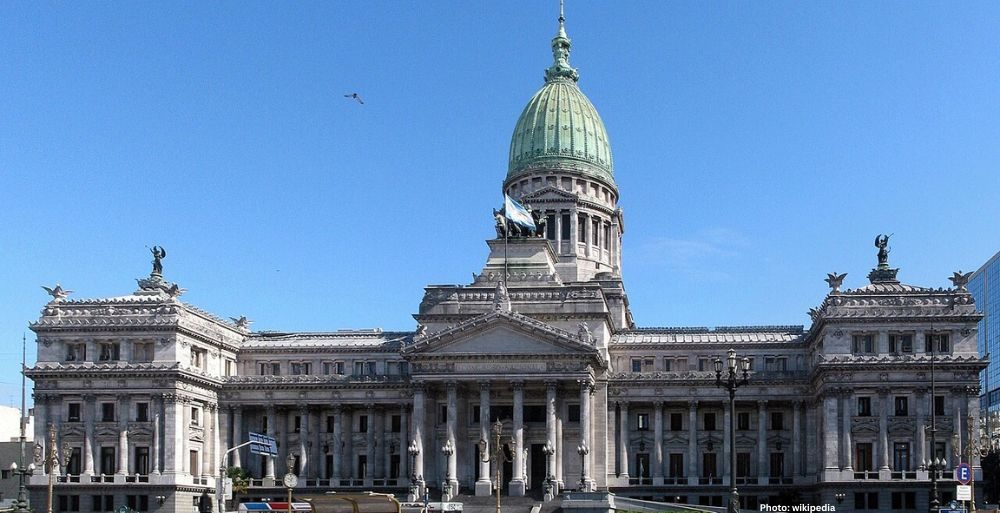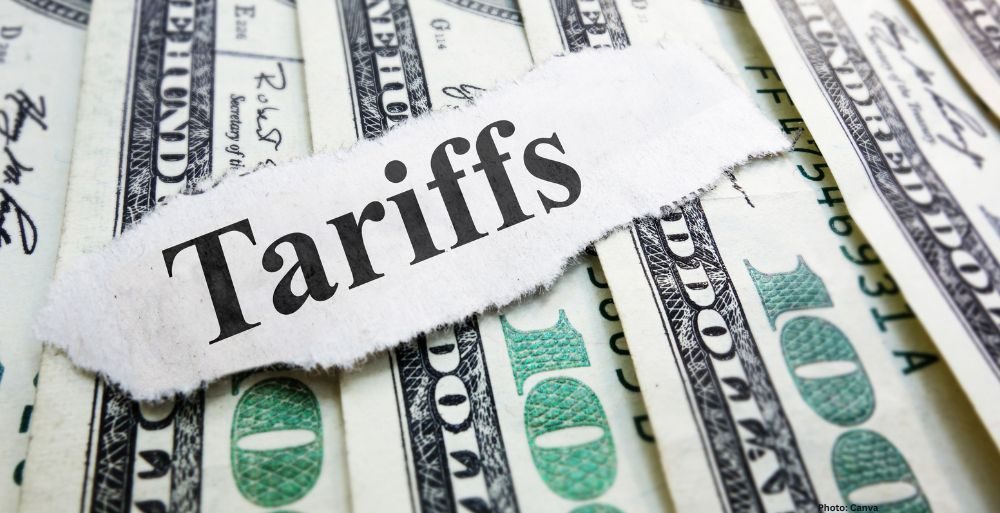The administration of President Donald Trump is expanding its efforts to work with Nigeria in response to rising attacks on Christians, signaling a broader strategy beyond the president’s recent threat of potential military intervention. Trump had previously warned that the U.S. could take forceful action—going “guns-a-blazing”—against Islamist militants responsible for the violence.
A senior State Department official said the current approach involves far more than military planning. According to the official, Washington is considering a wide spectrum of tools, including diplomatic pressure, targeted sanctions, intelligence cooperation, and various assistance programs aimed at helping Nigeria address insecurity.
U.S. Defense Secretary Pete Hegseth also met with Nigeria’s national security adviser this week. Photos shared online showed a cordial meeting, a notable contrast to Trump’s sharp criticism earlier this month, where he accused Nigeria’s government of failing to stop attacks on Christians and threatened to halt all U.S. aid to the country.
The administration’s intensified focus comes as Trump continues to emphasize avoiding new foreign entanglements. Despite this, any military involvement in Nigeria would require shifting American troops from elsewhere, as the U.S. has reduced its presence across Africa, scaling back or ending several longstanding security partnerships.
Yet Trump has continued voicing frustration as Nigeria faces repeated assaults on schools, churches, and communities — violence that affects both Christians and Muslims. Speaking on Fox News Radio on Friday, he accused Nigeria’s government of failing its people: “What’s happening in Nigeria is a disgrace. They’ve done nothing,” he said. Nigerian officials rejected his claims.
A broader U.S. strategy takes shape
Following Hegseth’s meeting with Nigerian security adviser Mallam Nuhu Ribadu, the Pentagon emphasized that the U.S. is working urgently with Nigeria to counter extremist groups targeting Christians. In a statement, the Defense Department said Hegseth called for “urgent and lasting action” from Nigerian authorities to stem the violence, while reaffirming the U.S. commitment to cooperate on counterterrorism.
Jonathan Pratt, the head of the State Department’s Bureau of African Affairs, testified before Congress that military involvement remains only one piece of a much larger plan. He noted that the National Security Council is discussing the issue extensively and emphasized that Trump’s designation of Nigeria as a “country of particular concern” over religious freedom could pave the way for sanctions.
Pratt described the developing U.S. approach as comprehensive, spanning security, law enforcement, economic support, and diplomacy. “We want to use every tool available and craft the strongest strategy to achieve real results,” he said.
A complex crisis that goes beyond religion
Nigeria’s security challenges are far more layered than Trump’s statements suggest. Extremist groups like Boko Haram continue to kill both Christians and Muslims. At the same time, long-running tensions between predominantly Muslim herders and mostly Christian farmers have escalated due to competition over land and water. Meanwhile, heavily armed criminal gangs carry out kidnappings for ransom, often targeting schools.
This past week alone, attackers abducted students from both a Catholic school and a school in a Muslim-majority town. In another incident, gunmen killed two people inside a church and kidnapped several worshippers.
The worsening situation has drawn global concern. At a U.N. event organized by the U.S., rapper Nicki Minaj spoke out, saying that no one should be persecuted for their faith.
If Washington were to intervene militarily, options would be limited. The closure of U.S. bases in Niger and the eviction of U.S. and French forces from sites near Chad have reduced operational capacity. While troops could be moved from Djibouti or temporary hubs in Ghana and Senegal, these locations lack the scale for a major operation inside Nigeria.
Regional instability also complicates matters: multiple coups across West Africa have severed ties with Western powers, leaving diplomatic and military channels strained.
Would US military action actually work?
Even if the U.S. redirected its forces, some experts warn that military strikes might accomplish little. Judd Devermont, a senior adviser at the Center for Strategic and International Studies and former NSC Africa director under President Biden, said limited airstrikes would likely fail to significantly weaken extremist groups.
“Nigeria’s insecurity has been decades in the making,” Devermont said. “This won’t be fixed overnight simply by injecting U.S. resources.”
He emphasized the need for long-term initiatives such as economic support, interfaith cooperation, community-level policing, and stronger partnerships with Nigerian authorities. Nigeria’s government, he said, is not indifferent but overwhelmed by the scale of the problem.
Nigeria warns against unilateral intervention
Nigeria says it welcomes international assistance but rejects any unilateral U.S. military operation. Boko Haram and the Islamic State West Africa Province continue to terrorize communities in the Lake Chad Basin, often crossing borders by boat and spreading violence into Cameroon, Chad, and Niger.
Security experts caution that any U.S. deployment without deep understanding of local dynamics could pose serious risks. Malik Samuel, a researcher with Good Governance Africa, said American troops could be endangered if they enter a conflict zone without context. Nigeria’s own air campaigns have frequently resulted in accidental strikes on civilians.
He stressed that resolving the crisis requires a clear understanding of how ethnic tensions, land disputes, and criminal banditry intersect across the region. Misjudgment, he warned, could worsen instability and send violence rippling into neighboring states.





